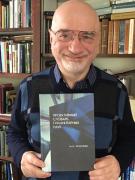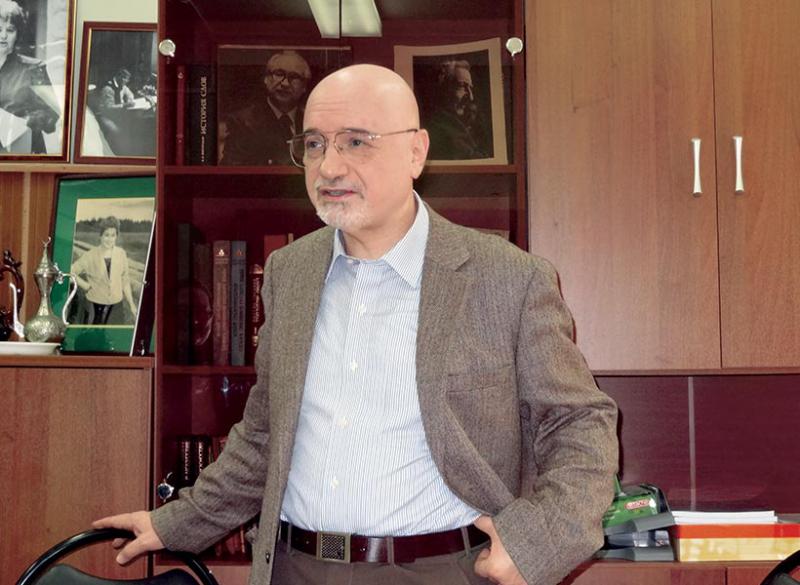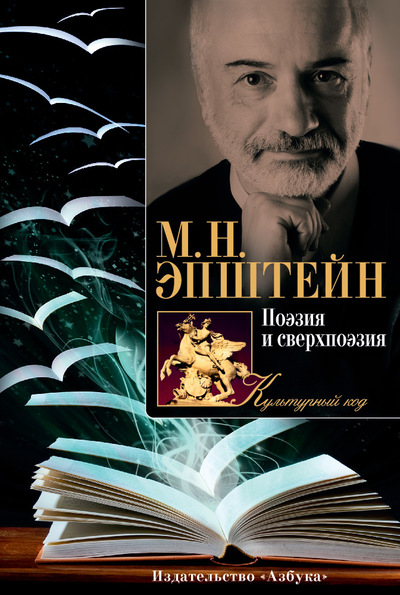Mikhail Epstein

Education: B.A., Moscow State University; M.A., Moscow State University; Ph.D., The Institute of Slavic and Balkan Studies
Mikhail Epstein is a Samuel Candler Dobbs Professor of Cultural Theory and Russian Literature at Emory College
When did you first develop an interest in Slavic, East European and Eurasian Studies?
I was born and grew up in Moscow, so my interests naturally turned to Russian literature and culture. I studied philology at Moscow State University and originally specialized in literary theory and aesthetics. In the 1980s, in connection with the formation of new literary and intellectual movements in the USSR, I began to consider the question of how the humanities, including philology, aesthetics, and poetics, might influence the development of literature itself and enable such emerging currents as metarealism and conceptualism to define themselves.
How have your interests changed since then?
In the 1990s, since I moved to the USA, I focused on the issues of Russian and Western postmodernism and the emergence of a new cultural formation coming to take its place (in my books After the Future, 1995; Russian Postmodernism: New Perspectives on Post-Soviet Culture, with Alexander Genis and Slobodanka Vladiv-Glover, 1999). At the same time, I was drawn to the interdisciplinary approach involving the juxtaposition and interplay of different cultures, particularly Russian and American (Transcultural Experiments, with Ellen Berry, 1999). My interests gradually migrated toward the field of philosophy, especially modality theory (Filosofiia vozmozhnogo [The Philosophy of the Possible], 2001), as well as modern theology, with a focus on researching the spiritual condition of a post-atheist society (Religiia posle ateizma [Religion After Atheism], 2013). In the 2000s, I took interest in linguistics and its transformative potential—how it can influence the development of language and broaden its lexical-morphological system (the online weekly newsletter Dar slova. Proektivnyi leksikon russkogo iazyka [The Gift of the Word: A Projective Lexicon of the Russian Language], 2000-15.
Finally, in the last fifteen years I have become increasingly concerned with the fate of the humanities as a whole and the potential for developing humanities-based practices and technologies capable of influencing the life of society. This is the subject of the books Znak probela. O budushchem gumanitarnykh nauk (Mapping Blank Spaces: On the Future of the Humanities, 2004), The Transformative Humanities: A Manifesto (2012), and Ot znaniia — k tvorchestvu. Kak gumanitarnye nauki mogut izmeniat' mir (From Knowledge to Creativity: How the Humanities Can Change the World, 2016). In 2012–2015, I served as the founding director of the Centre for Humanities Innovation at Durham University (UK) where I had an opportunity to implement some of my ideas in the methodology of the humanities. https://www.dur.ac.uk/chi/

What is your current research/work project?
My latest book on which I worked for 33 years, is Proektivnyi slovar' gumanitarnykh nauk (The Projective Dictionary of Humanistic Disciplines), published by Novoe Literaturnoe obozrenie (2017). It is a synthesis of my previous works in various fields of the humanities. The Dictionary offers a systematic description of concepts and terms in 14 fields of the humanities, such as philosophy (including ethics and aesthetics), literary, cultural and religious studies, and linguistics, as well as humanistic approaches to nature, history, society, and technology. Special attention is given to the development of new concepts and terms that reflect cultural and social processes of the 21st century and methods of intellectual creativity.
Currently I am working on the book The Phoenix of Russian Philosophy: Soviet Thought after Stalin (1953–1991). It will provide, for the first time in any language, a systematic examination of the development of Russian philosophy from the death of Stalin in 1953 to the collapse of the Soviet Union in 1991. I will examine major trends of late Soviet Russian thought, from Marxism, Structuralism and Personalism to Culturology and Conceptualism.
What do you value about your ASEEES membership?
I value the opportunity to observe and absorb new trends in Slavic studies and meet my friends and colleagues at the annual ASEEES conventions.
